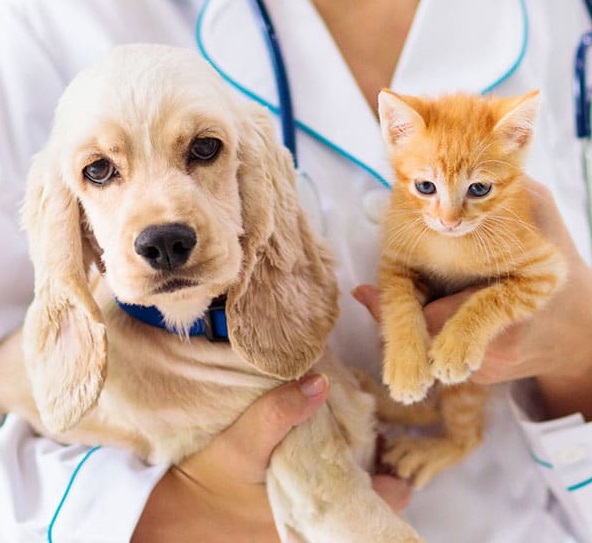How to Choose the Best Pet Insurance for Your Pet's Needs

Nobody that truly cares for their pet likes to see that pet in discomfort when there is something that can be done to help.
Our human world is complicated, however, and even though treatment or medicine may be available, in a sudden situation like an emergency, we may not always have the liquidity to pay a large medical bill without help. That is one of the many reasons it is crucial to have pet insurance for your animal companions.
Choosing an insurance company that will be able to fill your needs, both expected and unexpected, can be quite a task. For many, it can be nearly overwhelming, particularly when there are more and more options hitting the market every day.
Know What Your Pets' Potential Needs Are
The first step to finding the best pet insurance for your pet's needs is going to be to understand exactly what those needs are. You will also need to do a lot of forethought, since many potential problems will not present until old age, and you will still need to ensure your furry friend is covered.
There are immediate needs for every pet, like annual or semi-annual wellness visits and dental care. Some conditions may already be present or may develop as the pet ages, which are due to their breed. Many breeds develop breathing issues, sight issues, hip issues, deafness, and more. This can be more serious in purebred animals.
To know exactly what your pet needs as well as try to understand what they may need down the road, have a long talk with your vet. Get all the information you can about their current condition, early detection for potential conditions, as well as any possible breed-related conditions. This will be a huge help when you start looking at coverage.
Find Potential Insurers
Once you know what your pet's needs are, you can begin a very vague, general search for insurance companies. You know what you will need in a general sense, so you can often eliminate many potential companies that would otherwise waste your time.
You will know your approximate budget, as well as the details for what number and type of pets you will need coverage for. With a few internet searches, you should be able to get down to a select 1 to 3 companies that will be a good possible match.
Dig Into The Coverage & Benefits
For each insurer you have on your shortlist, dig into the details of their coverage and benefits. Make sure to note coverage amounts and reimbursement percentages in the context of what your pet needs or may potentially need in the future.
If your pet is at high risk of developing dental issues, you may want to ensure that the company and plan you choose provides a large degree of wellness coverage. Wellness will generally include preventative dental care.
Sometimes our pets have a distinct knack for getting out of fenced areas and into shenanigans. In cases like this, the owners may be wise to choose a plan with robust emergency reimbursement, to help protect them if anything should happen while they're on an adventure.
Sometimes we don't get insurance for our pets until they already have a condition or take medication. If this applies to your situation, be sure your potential insurer doesn't have any caveats regarding pre-existing conditions.
Choosing A Deductible
This is similar to the process of choosing a deductible for your vehicle. On the one hand, you don't want to have the deductible be too low, or your premiums may be unmanageably high. On the other hand, if your deductible is too high, it may be difficult to pay it if you need emergency coverage that exceeds its value.
Most companies will offer a similar deductible to auto insurance. On average, and depending on the insurer and coverage options, you can expect to have deductible options run anywhere from zero to $1,000 or even more. A higher deductible will ultimately lower the total annual cost of your policy.
Making An Informed Decision
Choosing the best pet insurance for your pet's needs doesn't have to be so overwhelming. Just remember to talk to your vet first, to find out what your buddy may need, then evaluate all your options objectively. When you have covered all your bases, and have reviewed all of your notes, you'll be ready to make an informed decision in the best interest of your pet.
839GYLCCC1992



Leave a Reply